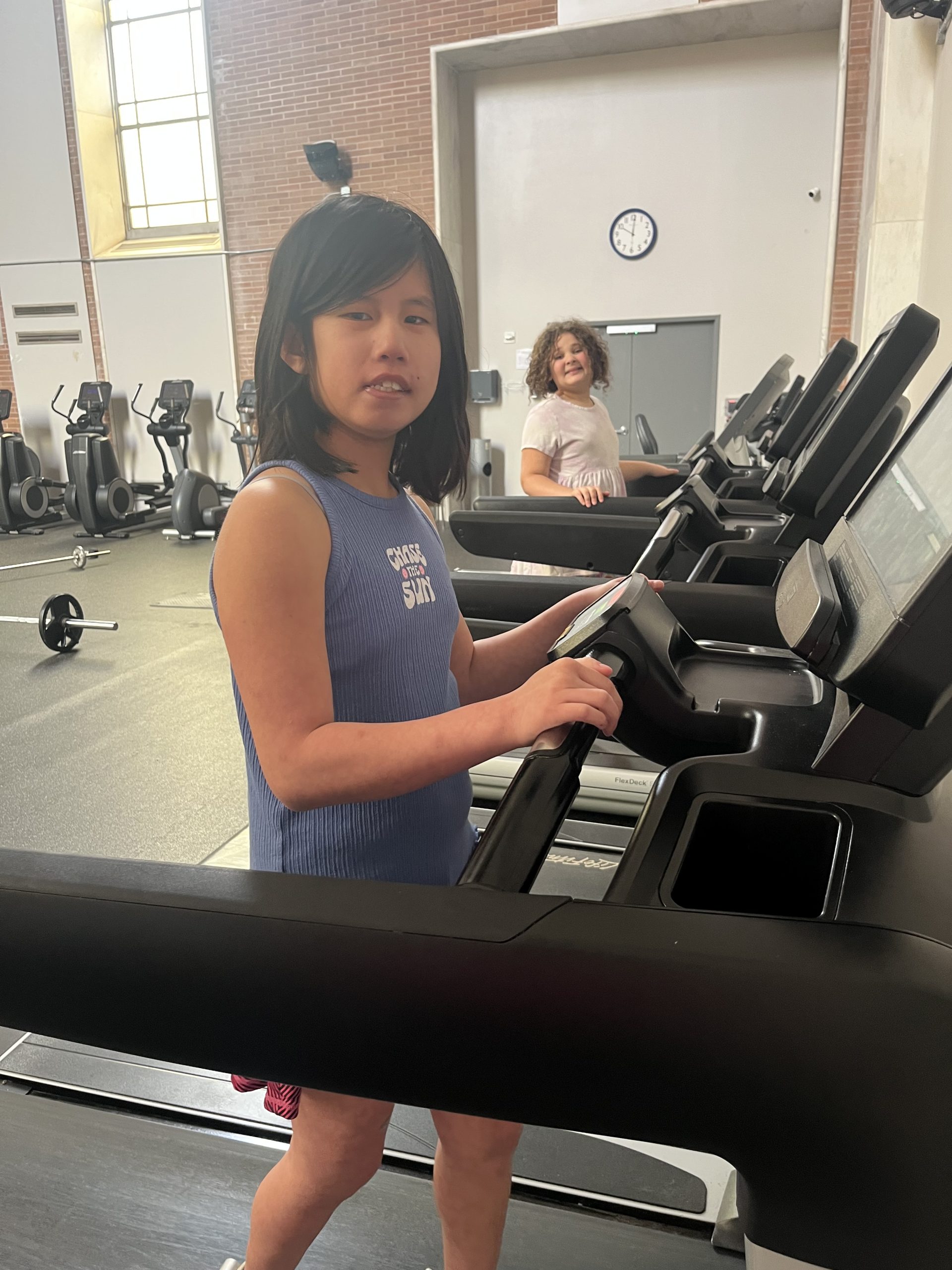Physical fitness is crucial for everyone, but it holds particular significance for autistic individuals. Engaging in regular physical activity offers a multitude of benefits that extend beyond the well-known physical advantages. For autistic individuals, physical fitness is a key component in enhancing their overall well-being, supporting emotional regulation, improving social skills, and promoting cognitive development.
One of the primary benefits of physical fitness for autistic individuals is the enhancement of motor skills. Many autistic individuals experience challenges with coordination and motor planning. Regular physical activity helps improve these skills, leading to better coordination, balance, and overall physical capability. Activities such as running, swimming, or playing sports can provide the repetitive practice necessary to build and refine motor skills, ultimately contributing to greater independence in daily activities.
Physical fitness also plays a critical role in emotional regulation. Autistic individuals often experience heightened anxiety and difficulty managing stress. Exercise is a proven method for reducing anxiety and promoting a sense of calm. Physical activities such as yoga, swimming, or even simple walks can help regulate the nervous system, reducing anxiety levels and improving mood. The endorphins released during exercise act as natural mood elevators, fostering a sense of well-being and relaxation.
Social interaction is another area where physical fitness can have a profound impact. Many autistic individuals face challenges in social settings, often struggling with communication and interaction. Participating in group sports or physical activities provides a structured and supportive environment for practicing social skills. It encourages teamwork, cooperation, and communication, all of which are essential for building meaningful relationships. These activities offer a natural context for social interaction, making it easier for autistic individuals to connect with their peers and develop friendships.
Cognitive development is also positively influenced by regular physical activity. Exercise has been shown to enhance brain function, improving memory, attention, and executive function. For autistic individuals, this can translate into better academic performance and more effective learning strategies. Physical activity increases blood flow to the brain, promoting the growth of new neural connections and improving overall brain health. This cognitive boost can be particularly beneficial in addressing the unique learning needs of autistic individuals.
Shrub Oak International School integrates physical fitness into our students’ lives in many ways. We have a fitness gym, athletic gym, and sensory gyms that students use regularly, and our campus is on 127 gated acres, providing ample opportunities for students to engage in various physical activities outdoors. These facilities are designed to cater to the diverse needs and interests of our students, ensuring that each student can find an activity that they enjoy and benefit from. Our walking and hiking trails offer a serene environment for outdoor exercise, while the fitness, athletic, and sensory gyms provide spaces for more structured physical activities, from weight training to team sports. We also have designated fitness activities, such as our running club, hiking club, bicycling, as well as psychical therapists who work with our students on their fitness regimes.
The importance of physical fitness for autistic individuals cannot be overstated. It supports motor skill development, emotional regulation, social interaction, and cognitive growth. Our comprehensive fitness facilities play a crucial role in promoting these benefits, ensuring that our students have the opportunity to thrive physically, emotionally, and socially. Embracing physical fitness as a key component of holistic development can significantly enhance the quality of life for autistic individuals, helping them to reach their full potential.





